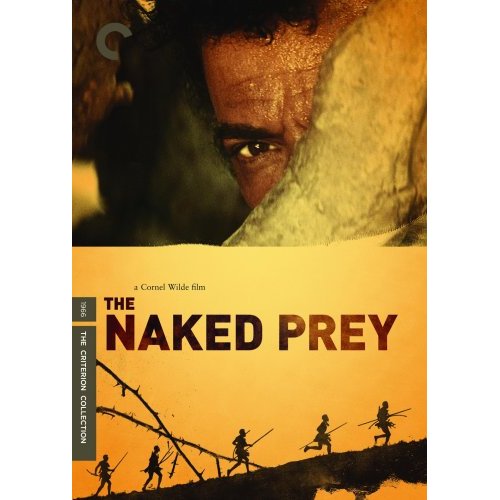(Images are from the acclaimed Korean action film Snowpiecer. If we are lucky, we may get to see this film in the USA. You can make a difference in if and how this happens.)
Hello my dear friends,
All ye privileged enough to be in Josh Wager's International Cinema class (I envy you), what I'm about to write you is shocking. And scary. And terrifying. And awful. And just plain not cool.

But, before I get into it, I want to make sure you understand what I'm posting here is merely to enlighten you on a subject that isn't at all an old one - it is a long running and horrific habit of Hollywood's - and, to extend an invitation. This is not an assignment, my young film watching friends. But, please take the time to read on.
From the dawn of time, or well, the dawn of film, other countries have made really cool movies that would get American Studios to go, "hmmmmm, maybe we can make a buck or two off this! Or maybe one or two million!!! Bwa ha ha ha ha ha ha ha ha!!!" Then they would look at the film and go, "What? American audiences are dumb, they won't understand this film. We've got to cut, tweak, change, trim, chop, slaughter, slice, and butcher this film. Leave in the action and explosions, take out the depth! No body likes depth! Cut this thing down, slap a price tag on it, and sell it!" This happened back in the silent film era with
Metropolis (sweet German film), it happened in the fifties with
Seven Samurai (the first American cut was viciously shorter than the masterpiece you saw), and it's happened countless more times than that.
Even
Chariots of Fire, a British movie, ALL in English for crying out loud, was edited because they feared American audiences wouldn't get the "Britishness" of the film. You know what I say to that? Boo hoo to you, American studios, boo hoo to you! I may not understand every cultural reference, I may not get every political joke, I may not understand every nod to moments from that country's history, but that is part of the point! I WANT to be exposed to the things of the culture that make it the culture what it is. I want to have questions, so that I can research and learn about the country, so I can get a great introduction into what makes the country tick. I want to learn cool things about the goldfish symbolism in Iran because they didn't cut the goldfish out of the film (á la
Children of Heaven).
I feel strongly that we, the film watching and art loving people of the nation, have both the power to tell the studios "don't do that", and the responsibility of doing so. We need to keep our foreign films pure.

Below is a petition for an AWESOME sounding Korean film, deep with character development, powerful themes and meaning, one that an American film studio wants to release here, but only if the director is willing to chop it down viciously - the studio wants it 25 minutes shorter, and they want the director to add in unneeded voice-overs to essentially "dumb" down the movie for American audiences. This is a film made by a brilliant filmmaker. Joon-ho Bong made one of the best monster movies of all time, The Host (no, not the recent one by Stephanie Meyers), a movie that is so wonderful because it is not just about the cool monster - it is mainly about the people whose lives are thrown into chaos because of this monster - it is mainly about a family coming together to save a lost daughter, it is mainly about the character growth. It is a movie about family. It is brilliant. So, I'm certain this new film of his, which has already received tons of acclaim internationally, is going to be brilliant as well. Weinstein studios bought the rights to distribute it here, but now they are demanding the severe edits and changes... "to make sure this film will be understood in Iowa... and Oklahoma," as the Weinstein company put it. Hey, Weinstein Studios, we're smart enough to handle this film as it is. We can totally handle movies from other countries. In fact, we like them.
Petitions make a difference. I know it is easy to say they don't, but this website, Change.org, has countless success stories. In order for petitions to work, people need to sign them. Lots of people. I've proudly signed it. If this is a cause you believe in, I invite you to do the same, and to spread the word to other like-minded film friends, or people who simply believe in experiencing art from other countries, who may be interested in signing it as well.
I want to see this movie, as it is meant to be seen. And, I want this film's release to be a success story for international films from all over the world. I want to see a change in the mindset of American Studios all around. If you would like to learn more, and would like to sign the petition, click the link here: Free Snowpiercer!



















